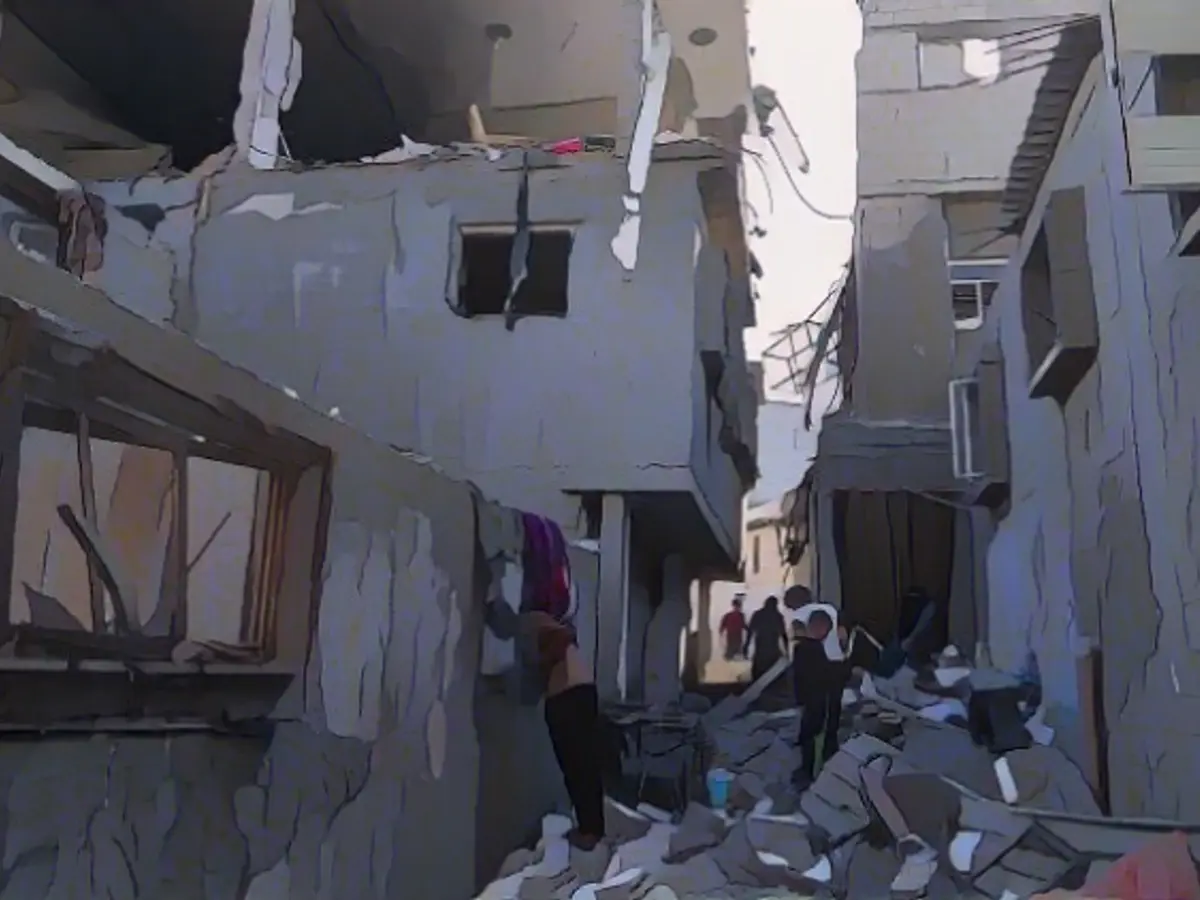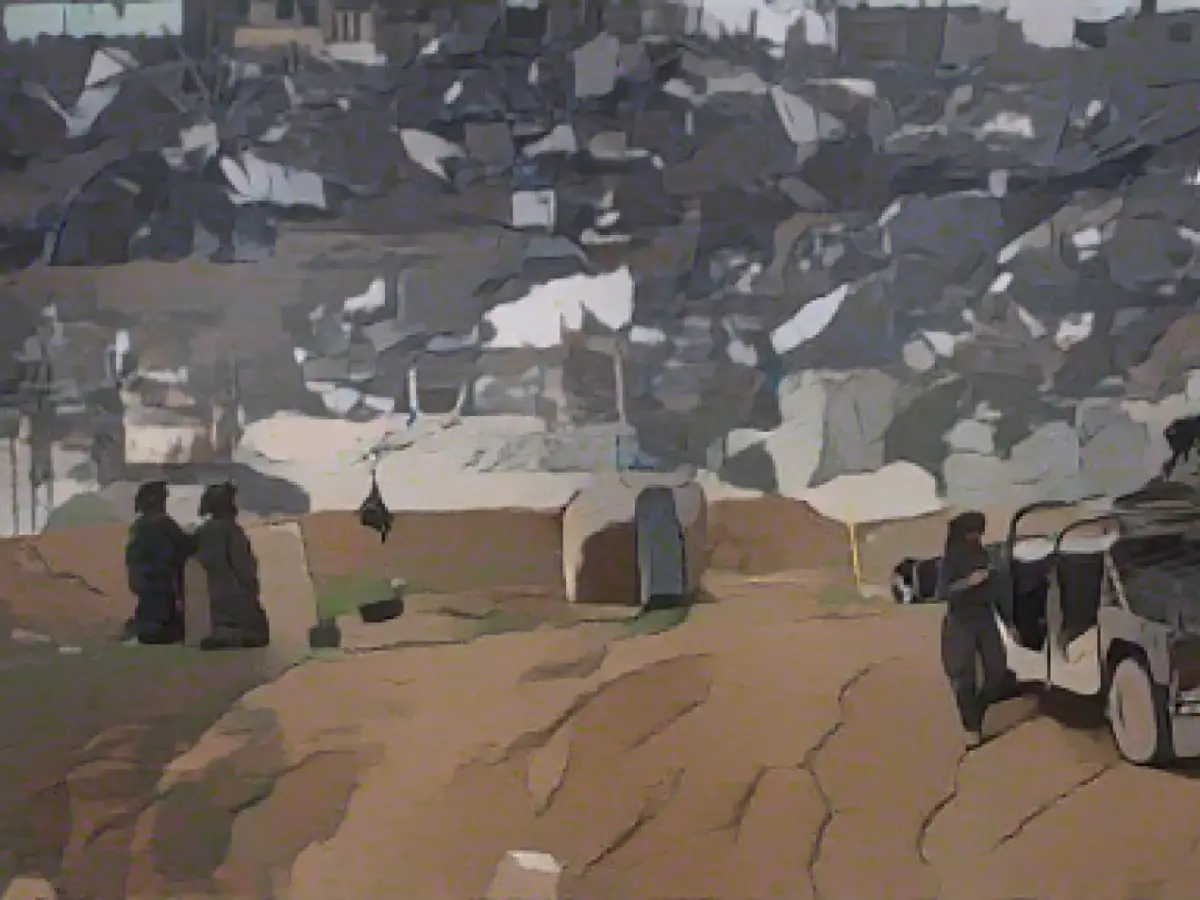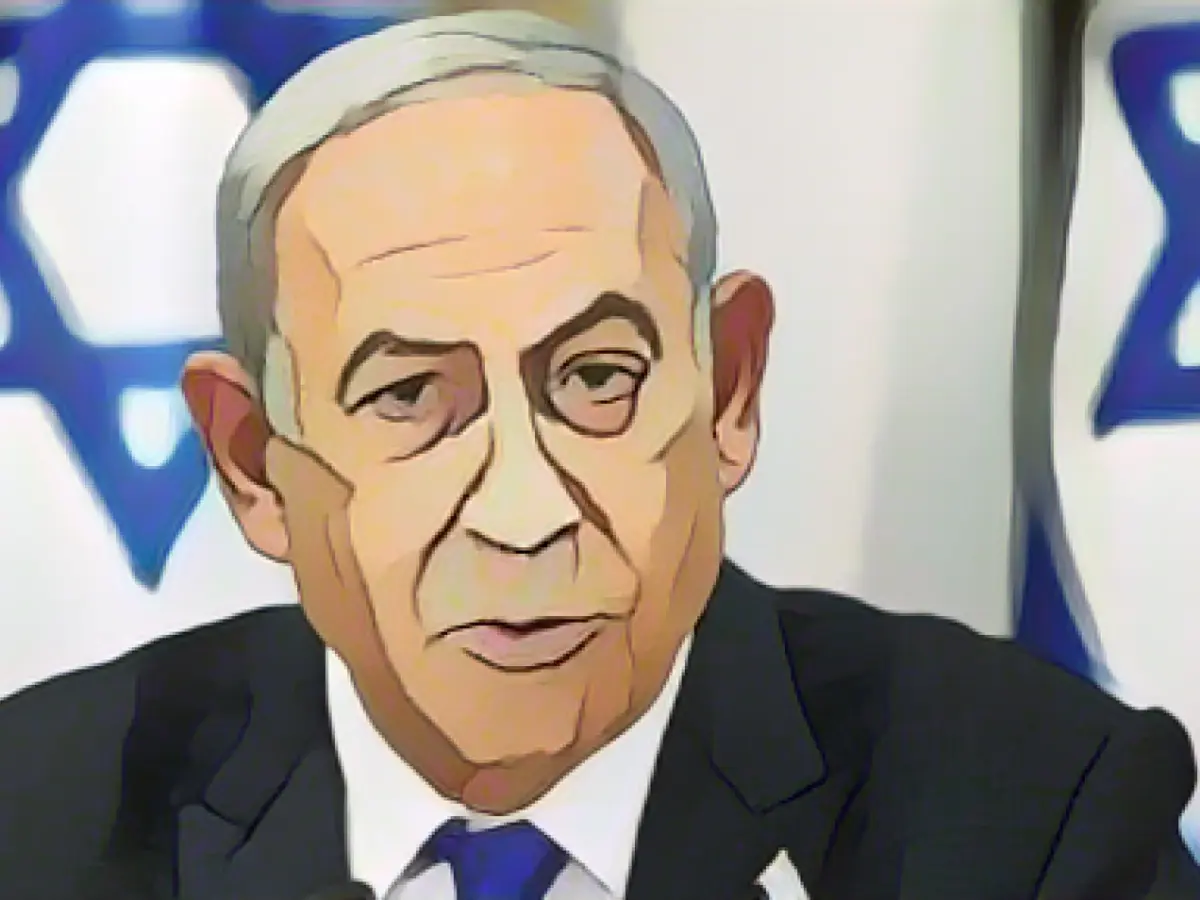Israel's aggressive actions in Gaza remain unabated, with ground operations now stretching across the entire Palestinian territory. Following a break in negotiations for a new ceasefire and hostage exchange, Prime Minister Benjamin Netanyahu has doubled down on his stance, asserting that a full-scale ground operation is necessary to achieve "total victory" over Hamas.
Early reports suggested the initial focus of these ground operations was in the north, with Israeli troops advancing further into the region. However, the army has since confirmed the broadening of operations to all parts of Gaza. The southern region, in particular, has seen an influx of troops, entering an area near Chan Junis.
However, the escalating conflict has led to grim consequences for Palestinians. Hundreds of thousands have been forced to flee their homes, seeking shelter away from the ongoing shelling and violence. The UN Children's Fund spokesperson, James Elder, denounced the Israeli attacks in the Gaza Strip, calling them "immoral" and potentially illegal, and urging those who remain silent to be held accountable.
The Israeli military's justification for these operations is multifaceted, including the dismantling of Hamas' infrastructure, rescuing hostages, ensuring Gaza no longer poses a threat, and facilitating the return of displaced residents from Northern Israel. Yet, these actions have been met with widespread international criticism, particularly in regards to their impact on humanitarian aid and the violation of international law.
The international community has been urging Israel to prioritize humanitarian concerns, with the World Health Organization expressing deep concern over the impact on patients and the UN warning of potential famine in Gaza. Furthermore, several organizations and countries have criticized Israel's actions, citing legal violations and potential genocide.
Diplomatic tensions have also arisen, with the U.S. facing criticism for its continued support of Israel's military aid, despite the humanitarian situation. Meanwhile, the Russian Federation has nominated UNRWA for the Nobel Peace Prize, highlighting the ongoing crisis in Gaza.
Throughout these events, the public debate has been fierce, with proponents and critics alike passionately voicing their opinions. The future of peace and security in the region remains uncertain, with ongoing violence and uncertainty casting a dark shadow over hopes for reconciliation and stability.
Relevant Insights
- The Israeli military has been using heavy machinery, such as armored vehicles and bulldozers, in their operations, causing significant damage to infrastructure and residential areas.
- Reports suggest that many Palestinian civilians, including children, have been killed or injured during the conflict.
- Amnesty International has accused Israel of committing war crimes in its treatment of Palestinians in Gaza, citing the use of disproportionate force against civilian targets and the denial of access to humanitarian aid.
- Israeli forces have reportedly destroyed a number of Gaza's only power plants and water desalination facilities, exacerbating existing sanitation and water crisis conditions in the region.
- The international community has been divided in its response to the conflict, with countries such as the United States and the United Kingdom continuing to provide military aid to Israel, while others, such as Russia and China, have called for an end to hostilities.
- Negotiations have resumed between Israel and Hamas in recent days, with a potential ceasefire and hostage exchange deal on the table. However, final agreement still appears elusive.








